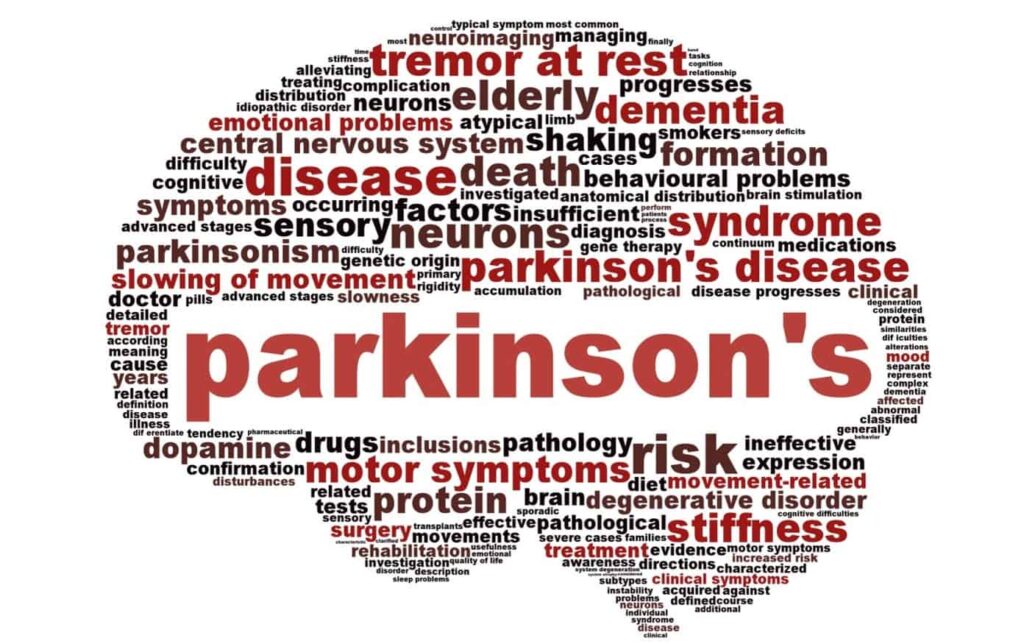A new study published in the journal Frontiers in Pharmacology has found that cannabidiol (CBD) may help delay the onset and reduce the severity of Parkinson’s-like symptoms, particularly when administered as a preventive treatment.

Conducted by researchers from Universidade Federal de São Paulo, Universidade de São Paulo, and Brazil’s National Council for Scientific and Technological Development, the study evaluated CBD’s neuroprotective effects using a mouse model of progressive Parkinsonism induced by low-dose reserpine.
Researchers administered CBD at 0.5 mg/kg using two different approaches: concurrently with reserpine to assess therapeutic effects, and prior to reserpine to examine possible preventive benefits. They assessed behavioral symptoms such as catalepsy and vacuous chewing movements, along with changes in dopaminergic neurons using tyrosine hydroxylase (TH) immunolabeling in the substantia nigra pars compacta—a brain region critically affected in Parkinson’s disease.
The findings showed that CBD delayed the onset of motor symptoms in both concurrent and preventive protocols, though the effect on vacuous chewing was less pronounced in the concurrent group. Notably, preventive administration of CBD significantly reduced catalepsy and preserved TH-positive neurons, suggesting a neuroprotective benefit.
Researchers conclude by saying “Based on these data, we observed a beneficial effect of CBD in motor and neuronal alterations reserpine-induced progressive parkinsonism, particularly after preventive treatment.”








